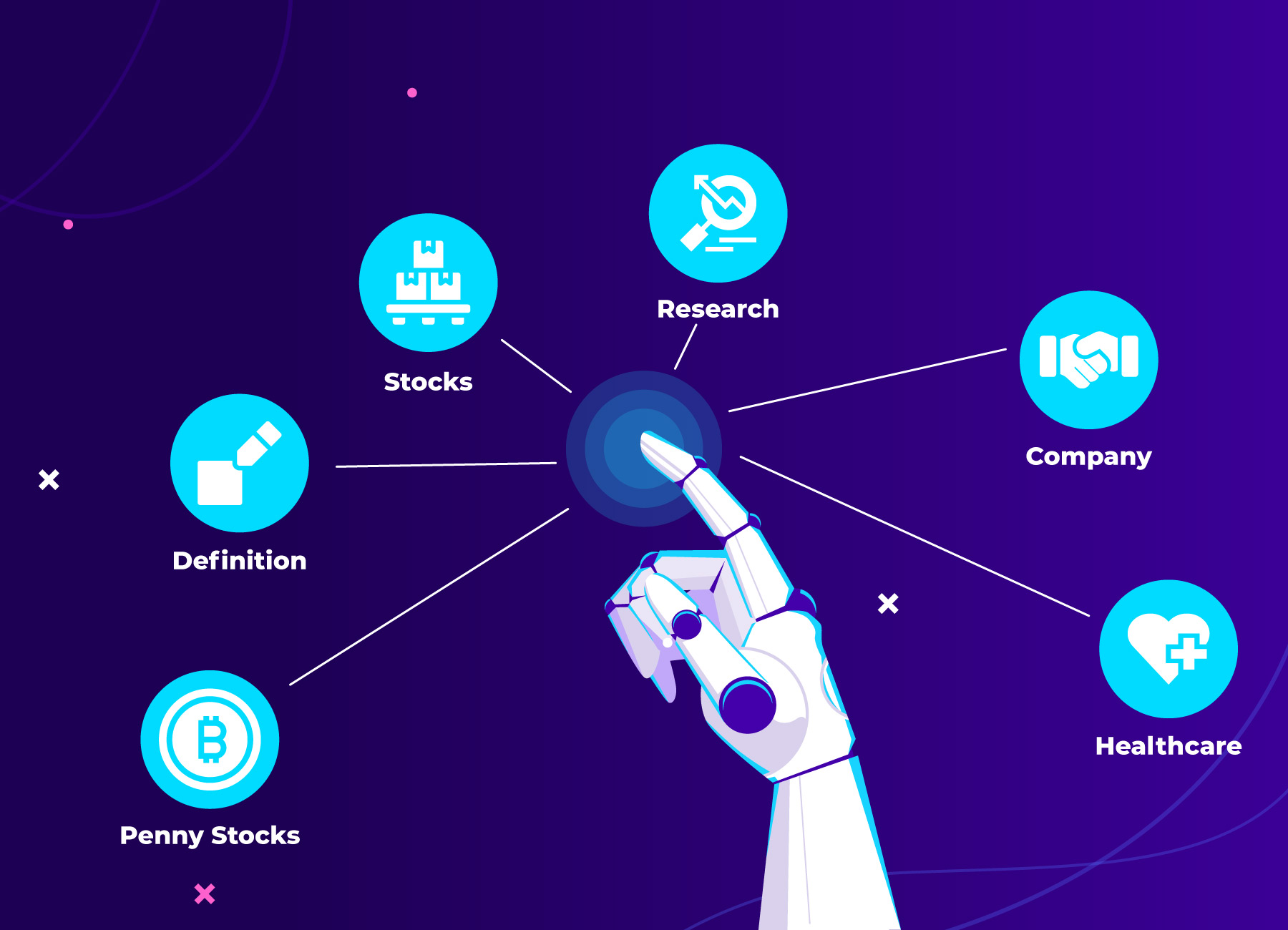Thanks to the articulation between business and academia, and the investment of public and private resources in research and development, Canada has become one of the pioneer countries in technologies and solutions that improve the performance, coverage, and quality of businesses. If you have moved to Canada and want to know the big names here that deals the Artificial Intelligence app development, wait for no other second and check this out.
[topcompanies withcat=”AI”]
Canada was the best-kept secret of the company world. Progress and innovation in Canada — especially in the areas of artificial intelligence, clean technology, and health care — has been monumental for many years. Yet, through these years of development, we remained humble about the region. That is until the nation has adopted its role as a location for business investment and a world leader in artificial intelligence. Presently, Canada is engaging new organizations to contend on the worldwide stage, facilitating gigantic innovation industry occasions highlighting the world’s best trailblazers and drawing in universal ability to take a shot at world-evolving developments.
Everyone Heading to Canada
The percentage of qualified foreign employees seeking jobs in Canada has increased in the latest years and the inventory of the country continues to rise every time the Trump administration pushes its restrictive immigration agenda. It’s not just talent going to startups. Students and researchers are also coming in record numbers. Recently, 24 top academics from around the globe have been hired by the Canada 150 Research Chairs Program, which spends $117 million on seven-year grants to senior scientists.
Expanded access to investment and open financing awards for independent companies have likewise made a snapshot of chance for startup development in Canada. The blend of focused expense rates and business costs and a solid economy structure an atmosphere ready for progress. Further, moving your startup to Canada is currently simpler than any time in recent memory on account of government projects intended to invite promising foreigner business people into a flourishing commercial center.
To be sure, Canada is home to a portion of the world’s best technologists, an appreciated business condition and a confined advancement network with worldwide reach.
AI and Canada
Yes, Canada has become a hub of development and research related to Artificial Intelligence and its sub-categories. The Korean tech giant, Samsung, has opened an artificial intelligence lab in Toronto last spring. Google and Uber have done the same. Just a few months back, the city’s status as an AI petri dish was cemented by two big announcements. The Canadian philanthropists Gerry Schwartz and Heather Reisman donated $100-million to establish a new “innovation center” focused on artificial intelligence at the University of Toronto.
It all took boom when the Canadian Prime Minister stated roughly $230-million in subsidizing for a “computer-based intelligence Powered Supply Chains Supercluster” in Quebec last December, he announced, “The present notion is the continuation of making Canada a leader in technology and is a significant advance toward making Canada an AI pioneer.”
What is all the hype of AI?
The Artificial Intelligence (AI) is the combination of algorithms raised to create machines which have the same capabilities as the human being. A technology that is still distant and mysterious to many of us, but which has been present in our day to day at all hours for a few years.
AI is present in the mobile face detection, in virtual voice assistants such as Siri from Apple, Alexa from Amazon or Cortana from Microsoft and is integrated into our daily devices through bots (an abbreviation of robots) or mobile applications. Advances in AI are already driving the use of big data due to its ability to process huge amounts of data and provide communicational, commercial and business advantages that have led it to position itself as the essential technology of the coming decades. Transport, education, health, culture … no sector will resist its charms.
AI finds structures and regularities in the data for the algorithm to acquire a capability: it becomes a classifier or predictor. So just as the algorithm can teach itself how to play chess, it can teach itself which products to recommend next. And the models adapt when they receive more data. Retroactive propagation is an AI technique that allows the model to adjust through training and input of new data when the first response is not entirely correct.
The American consulting firm Gartner predicts that by 2020 85% of the interaction with customers will be managed by AI and, together, it is estimated that the market AI can represent 127,000 million dollars in 2025, much higher than 2,000 million in 2015. AI will make us more efficient and allow us to execute actions that we could never have done due to its complexity. Can you imagine exploring parts of the universe hostile to humans? Thanks to her, one day will be possible.



